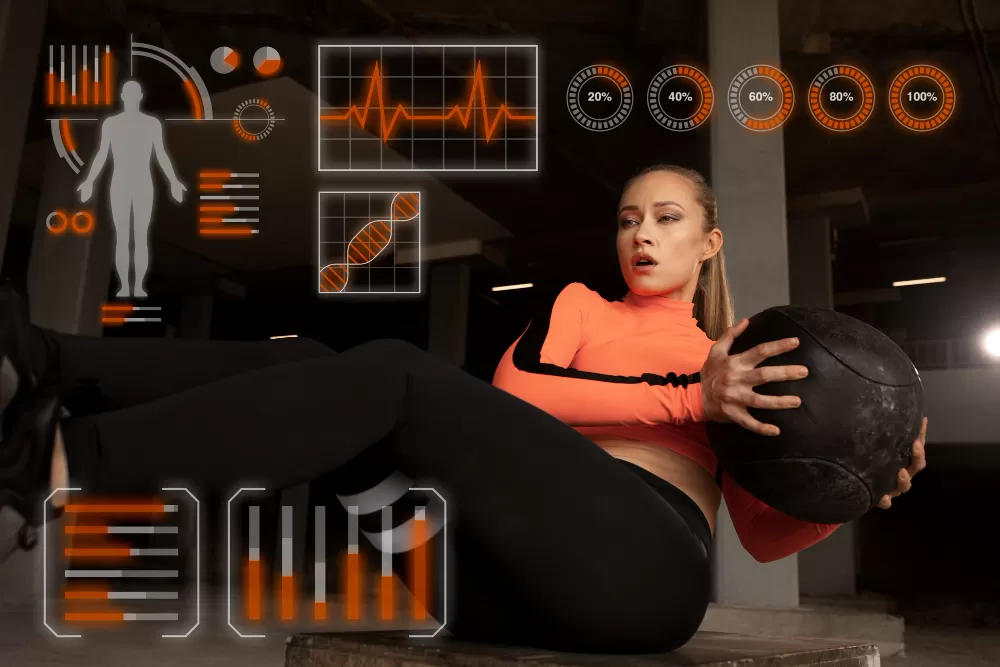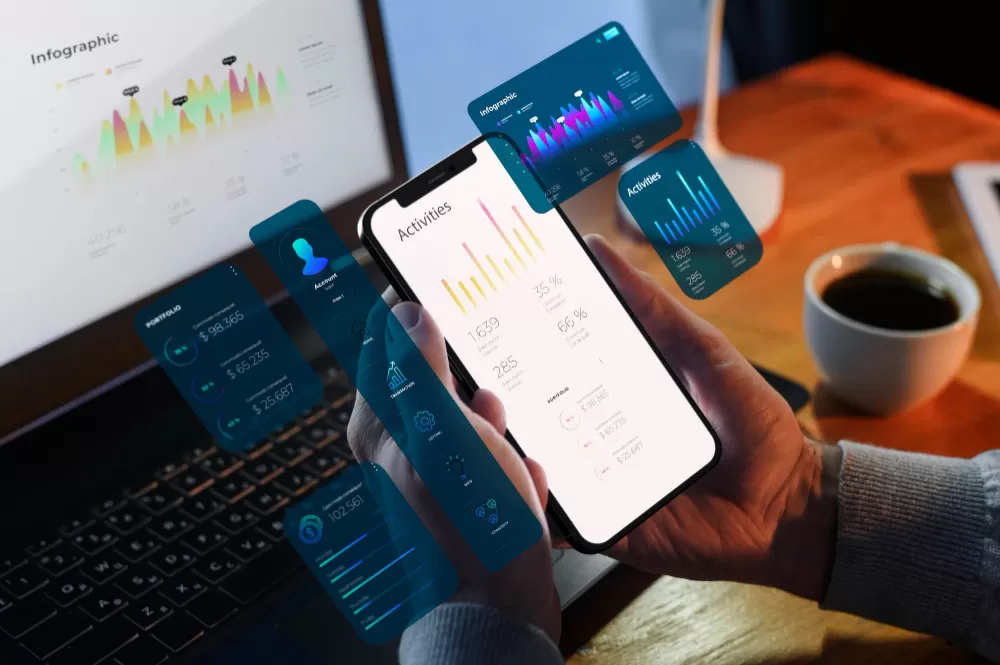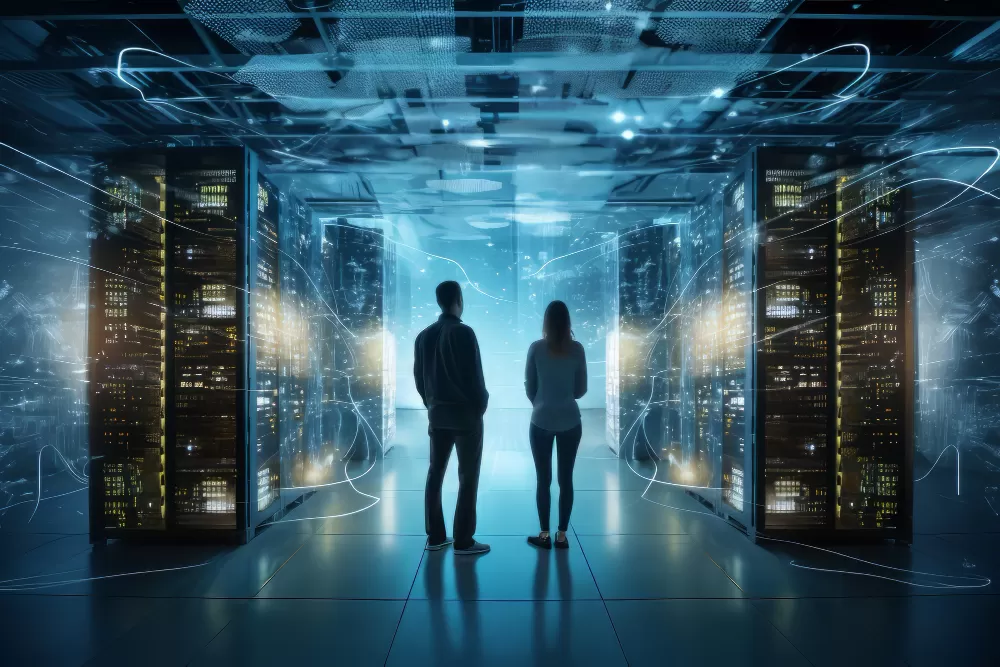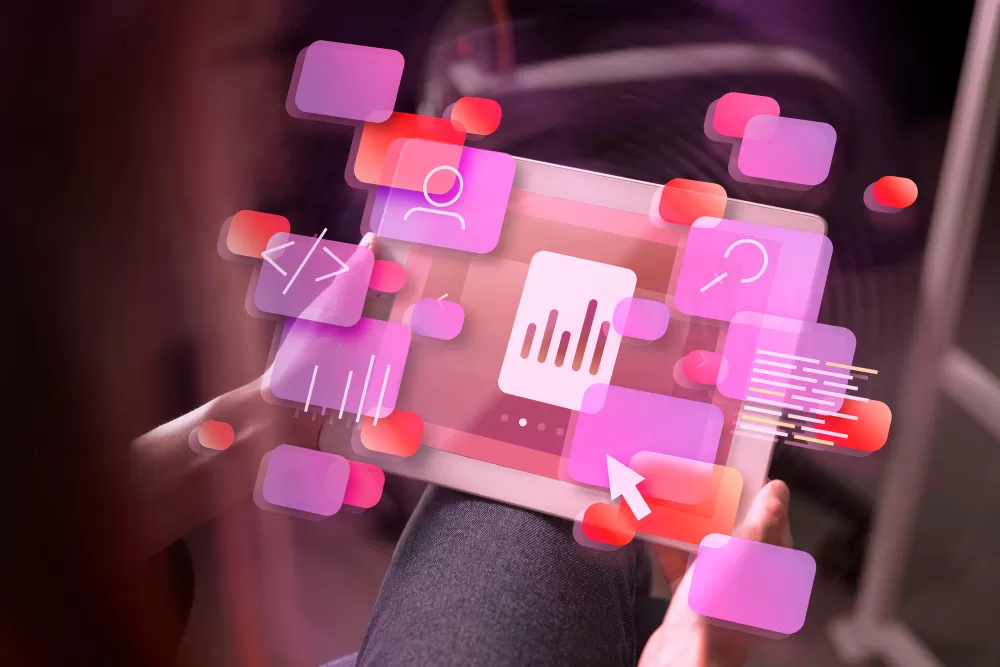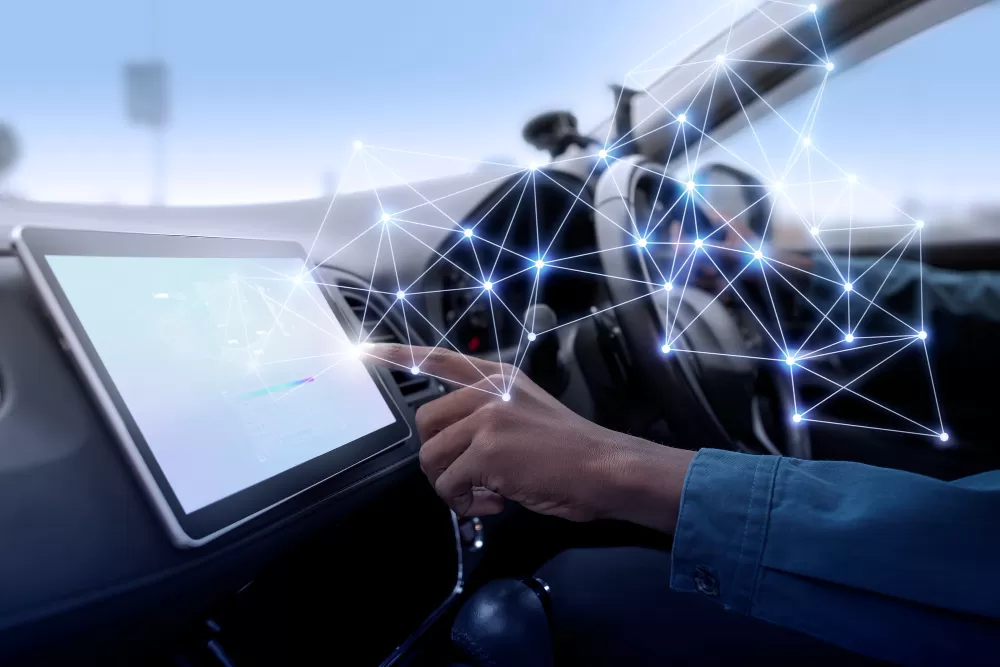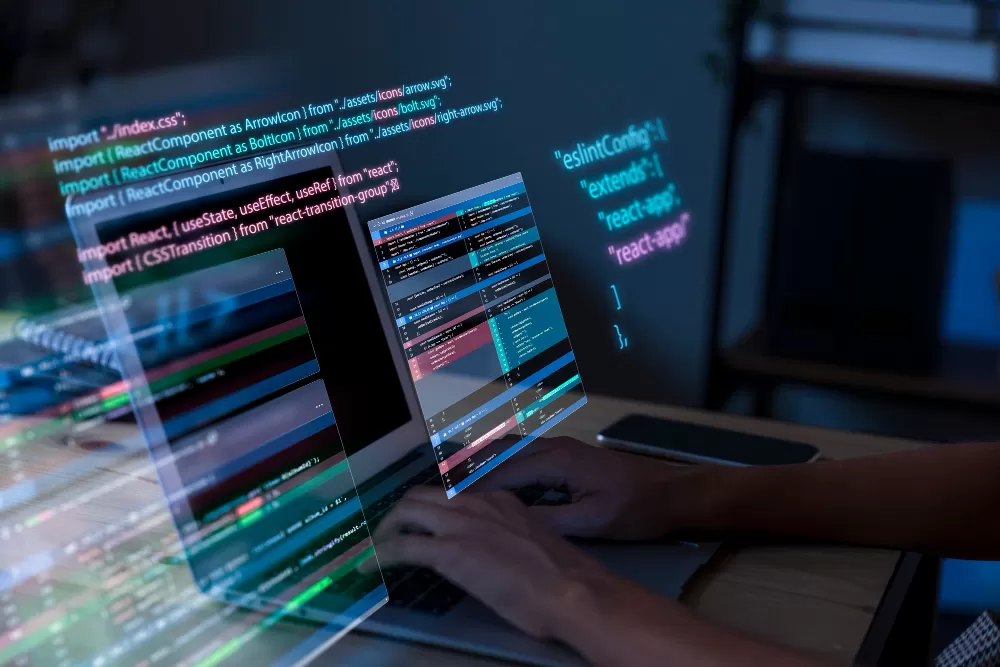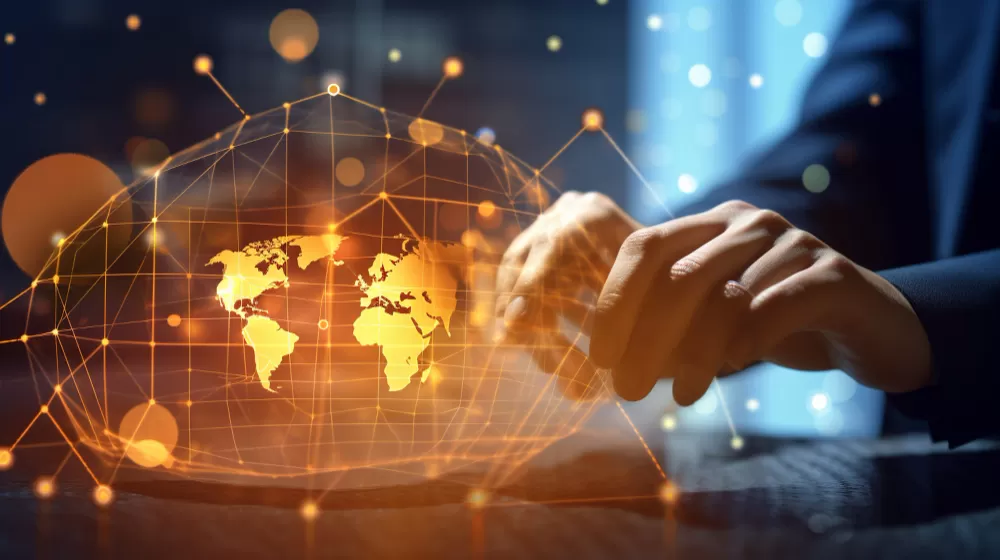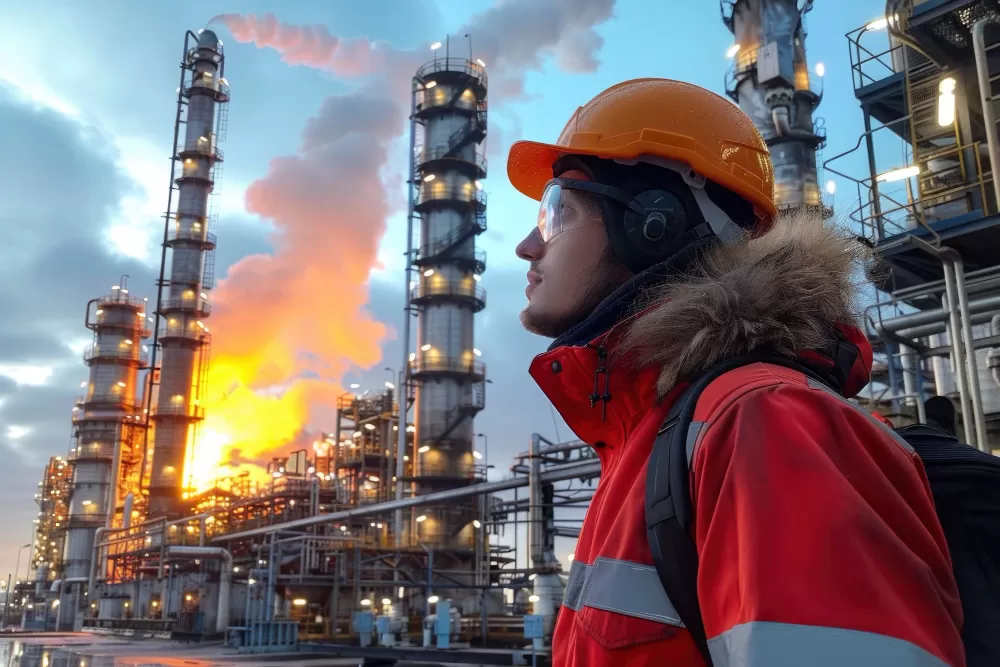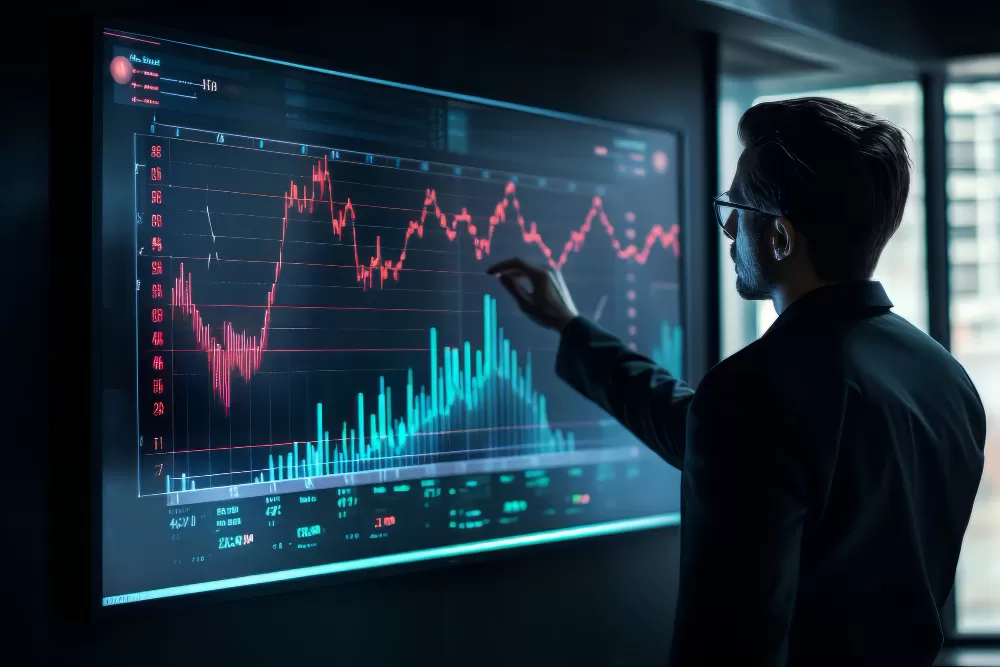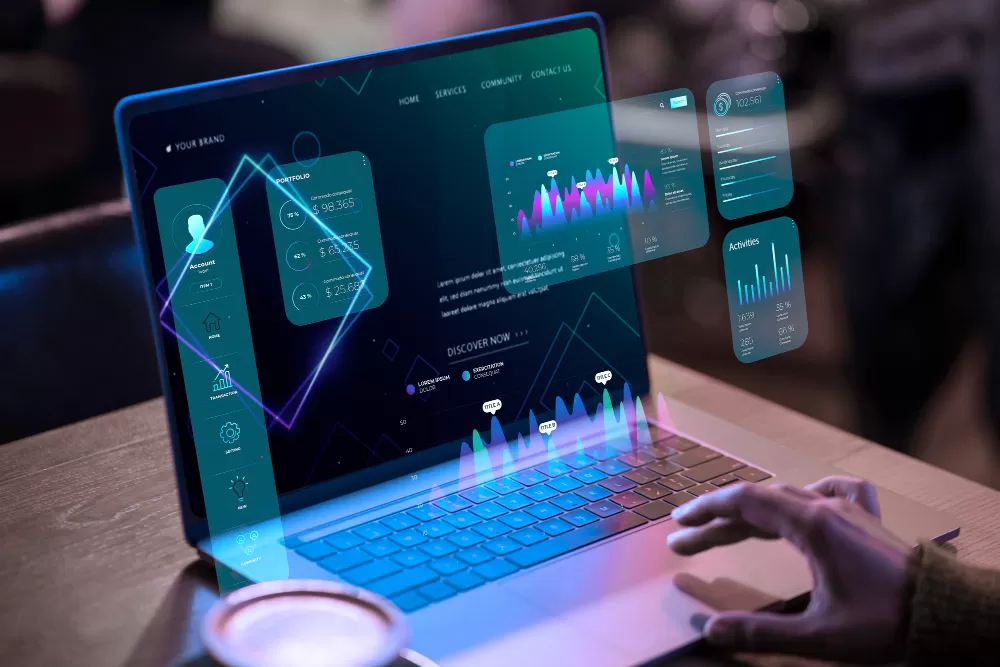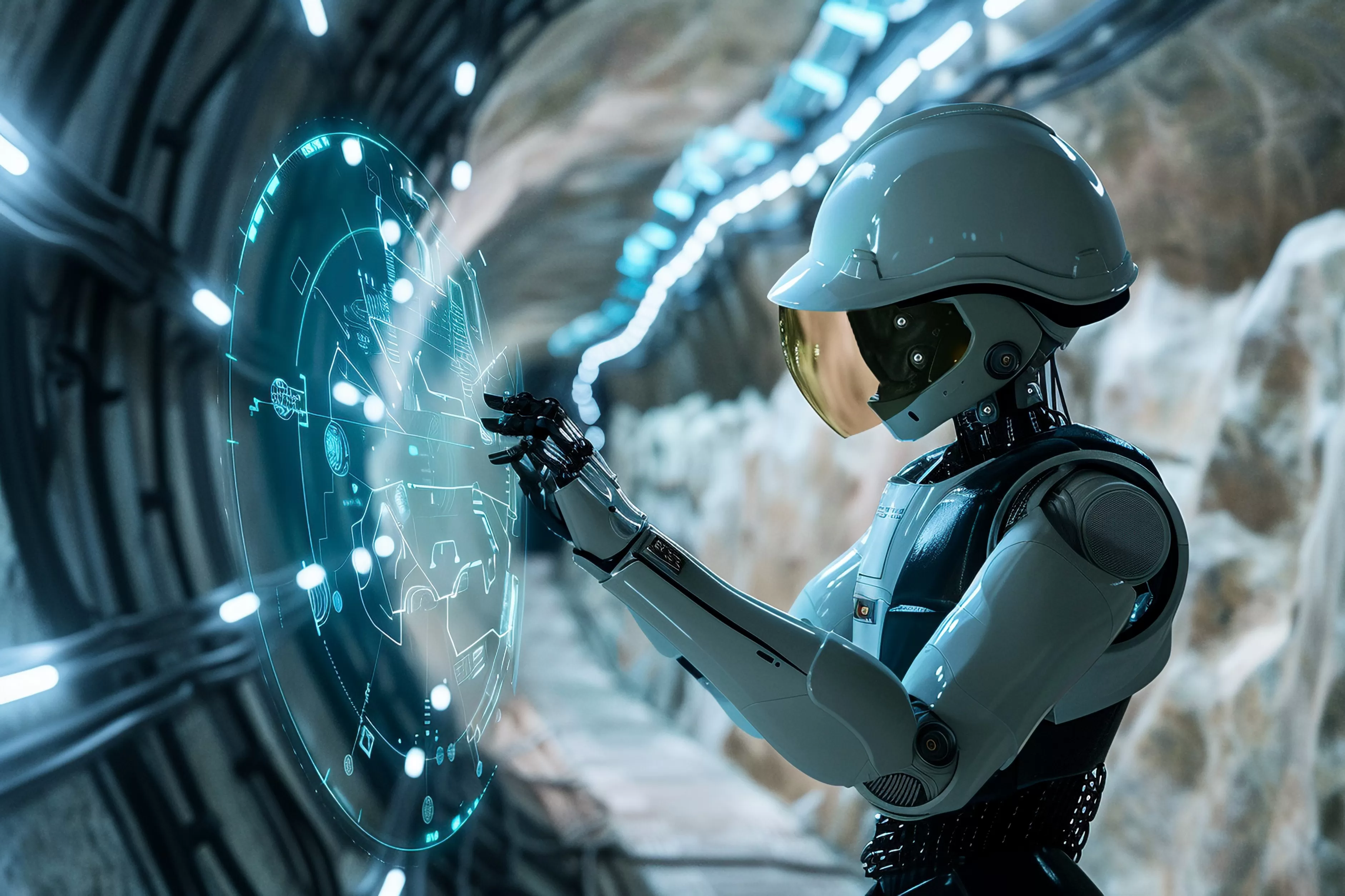The future of professional sports is being significantly shaped by the integration of AI technologies. From enhancing the performance of athletes to revolutionizing fan engagement and transforming how teams manage operations, AI is making an impact in almost every aspect of professional sports. Here's how AI is changing the game in the world of professional sports:
1. Performance Optimization and Athlete Monitoring
- Wearables and Smart Equipment: AI is increasingly integrated into wearable devices like fitness trackers, smart shoes, and clothing that collect data on an athlete's movement, heart rate, fatigue levels, and more. This data is analyzed by AI algorithms to provide insights into an athlete’s performance and suggest ways to optimize their training.
- How AI Helps: AI models can identify patterns in athletes’ behavior and performance, predicting potential injuries or suggesting specific training programs. For example, AI-powered wearables can analyze an athlete’s biomechanics and suggest adjustments to their technique to prevent injury or improve efficiency.
- Long-Term Impact: In the future, AI will likely be used to monitor micro-injuries, fatigue levels, and recovery status, helping athletes maintain peak performance and extend their careers.
2. Injury Prevention and Recovery
- AI for Injury Prediction: Machine learning algorithms are becoming increasingly adept at predicting potential injuries by analyzing an athlete’s past injuries, performance data, and biomechanical metrics. AI can detect subtle changes in movement that may indicate a risk of injury, giving coaches and medical teams the chance to intervene early.
- How AI Helps: By integrating data from wearables, motion sensors, and MRI scans, AI can detect injury patterns and help athletes reduce the likelihood of future injuries. AI can also provide more effective rehabilitation plans, suggesting exercises based on recovery data.
- Long-Term Impact: Over the next decade, AI will become an integral part of injury prevention programs, with real-time tracking of an athlete’s health, recommending personalized recovery protocols and reducing the overall incidence of injuries.
3. Game Strategy and Tactical Analysis
- AI in Game Analytics: AI is used to analyze large volumes of game footage, statistics, and player movements to develop more sophisticated strategies. AI can evaluate patterns in the opponent’s gameplay, identify weaknesses, and suggest strategic changes during a game.
- How AI Helps: Coaches and analysts use AI to analyze not just raw data like scores and stats, but also player positioning, passing sequences, and other in-game dynamics. AI can simulate millions of different game scenarios and suggest the most likely successful strategies based on past games and player performance.
- Long-Term Impact: AI will play a central role in real-time decision-making, providing coaches with instant insights and recommendations that can alter the course of a game. As AI continues to evolve, it could even predict outcomes based on real-time performance metrics, making tactical adjustments during a match more accurate.
4. Fan Engagement and Experience
- AI-Powered Fan Interactions: AI is transforming how sports teams and leagues engage with fans. Through chatbots, virtual assistants, and personalized recommendations, AI creates more interactive and engaging experiences for fans.
- How AI Helps: AI-driven apps provide fans with personalized content such as highlights, news, and recommendations based on their preferences. Virtual assistants can help fans with ticketing, finding seats, navigating the stadium, and even answering questions in real time.
- Long-Term Impact: The integration of augmented reality (AR) and virtual reality (VR), powered by AI, will likely lead to more immersive fan experiences, allowing fans to watch games from unique angles, virtually interact with players, and enjoy a more personalized experience in the stadium and at home.
5. AI in Scouting and Recruitment
- AI for Talent Identification: AI has become a valuable tool for sports teams in identifying and recruiting new talent. Through deep data analysis, machine learning models can assess a player’s potential, performance, and even predict their future success.
- How AI Helps: By evaluating player stats, game footage, physical attributes, and mental resilience, AI can provide data-driven insights into a player’s future performance. This allows teams to make more informed decisions and find hidden gems, even in smaller leagues or international markets.
- Long-Term Impact: AI-driven scouting systems will continue to evolve, allowing teams to pinpoint undervalued players, track youth development, and ensure a more efficient recruitment process. This may also level the playing field for smaller teams by giving them access to advanced scouting tools previously reserved for wealthier organizations.
6. Refereeing and Officiating with AI
- AI for Video Assistance: Technologies like VAR (Video Assistant Referee) are already in use in several sports, such as soccer and football, but AI will push these technologies even further. By integrating AI into video review systems, officiating will become more accurate and faster.
- How AI Helps: AI can instantly analyze game footage to detect fouls, offside positions, and goal-line decisions with much greater precision. It can also help referees with player behavior monitoring by identifying potential red-card-worthy actions that may be missed in real-time.
- Long-Term Impact: The future of officiating will be highly dependent on AI, as it can help eliminate human error and make real-time decisions much faster. In addition, AI could be used to monitor player behavior off the field, ensuring athletes adhere to league policies.
7. Data-Driven Fan Insights and Marketing
- AI in Marketing: AI will revolutionize how sports organizations market their teams and products. By analyzing fan behavior, purchase patterns, and engagement, AI can craft personalized marketing campaigns and create more targeted offers for merchandise, tickets, and other products.
- How AI Helps: AI systems can analyze the vast amounts of data generated from social media, ticket sales, merchandise, and app interactions to create customized fan experiences and marketing strategies. This allows teams to build stronger relationships with their fanbases and increase fan loyalty.
- Long-Term Impact: AI will enable hyper-targeted advertising, ensuring that fans receive offers tailored to their interests. Sports organizations will use AI to predict trends and anticipate fan needs, optimizing everything from game schedules to stadium services.
8. AI in Mental Health and Athlete Well-being
- AI for Athlete Support: AI can help monitor athletes’ mental and emotional well-being, which is just as important as their physical performance. Mental health apps powered by AI will help track an athlete’s mood, stress levels, and potential burnout signs, and provide personalized interventions like mindfulness exercises or therapy recommendations.
- How AI Helps: AI models will detect subtle signals of mental fatigue or stress, suggesting coping mechanisms or directing athletes to support staff if needed. For example, if a player’s performance dips or their physiological data suggests high stress, AI could recommend relaxation techniques or schedule a therapy session.
- Long-Term Impact: Mental health will receive more attention in the future, with AI providing real-time support to athletes. Teams will integrate AI-driven wellness platforms to enhance both physical and mental recovery, helping athletes maintain peak performance while avoiding burnout.
9. Fan Analytics and Predictive Modeling
- AI for Fan Behavior Prediction: Teams and organizations will increasingly use AI to predict fan behavior, such as ticket sales, viewing patterns, and merchandise purchases. By analyzing historical data, AI can forecast future trends and allow teams to plan accordingly.
- How AI Helps: AI can predict when a stadium will be full or when merchandise demand will spike, allowing teams to optimize pricing, promotions, and inventory management.
- Long-Term Impact: Predictive AI will help teams optimize schedules, maximize revenue, and enhance fan experiences by anticipating needs and behavior before they happen.
Conclusion: The Future of Sports with AI
As AI continues to evolve, its influence on professional sports will only increase. From enhanced performance monitoring and injury prevention to AI-driven fan experiences and data-driven decision-making, the next decade will see AI technologies becoming integral to every facet of the sports industry. This will not only improve athlete performance and well-being but also enhance fan engagement and revolutionize how teams operate. The result will be a smarter, more efficient, and more exciting sports ecosystem for both players and fans alike.

